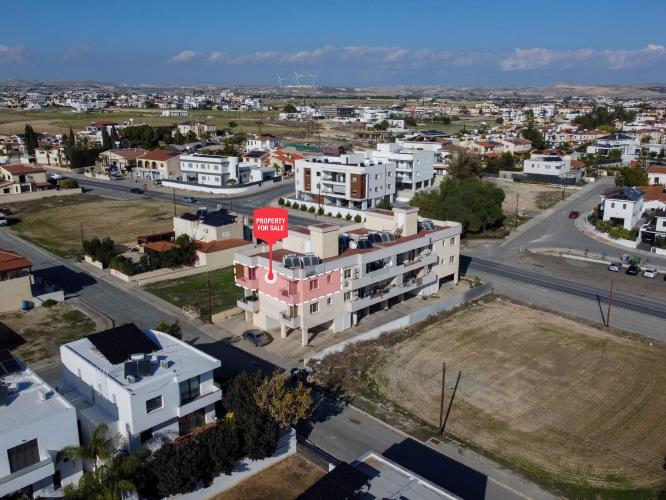The University of Cyprus Economics Research Centre published, on July 25, the revised economic outlook of Cyprus for July 2016.
The report states that the recovery of the Cypriot economy is estimated to gain momentum as real GDP is forecasted to expand by 2.9% in 2016. Robust growth is expected to continue in 2017 as real GDP is projected to increase by 3.0%.
The ERC explained the main drivers of the projected increase in real activity.
Real GDP and employment continued to grow in the first quarter of 2016, the unemployment rate continued to fall and domestic leading indicators improved further during the second quarter of the year.
Low international oil prices and subdued non-energy commodity prices are expected to continue benefitting activity in Cyprus in the following quarters through their effects on real incomes and demand.
The fiscal performance that has been bridging the gap between government expenditure and revenue is expected to contribute to a sustainable recovery.
A steady rise in deposits and modest growth in business loans over January – May 2016 suggest stronger normalisation tendencies in the domestic banking sector, underpinning an improved outlook.
The external economic environment (marked by steady levels of economic confidence, moderate growth rates in the EU and the euro area, and low levels of European interest rates) continues to support the recovery in Cyprus.
On the other hand, the downside risks to the growth projections are associated with the deterioration of the external economic environment for Cyprus due to weaker than expected growth in the EU and the euro area as a result of worsening growth prospects in emerging market economies, and uncertainty stemming from the UK’s exit process from the EU. Fragile euro area economies, including Cyprus, are more susceptible to setbacks in the recovery of the euro area, for example, by experiencing increases in their borrowing costs.
Additionally, a slowdown in output growth in the UK and further depreciation of the pound against the euro, as a result of increased political and economic uncertainty following the Brexit vote, are expected to directly affect the Cypriot economy, primarily through weaker exports of services (tourism) and goods.
Increased geopolitical turmoil adversely affects investor sentiment and tourism with a possible negative impact on domestic activity.
Furthermore, the high private indebtedness levels that have led to deleveraging and increased default rates, continue to pose significant risks to the stability of the domestic banking system and to the outlook for the economy, especially via developments in property prices.
The high public debt-to-GDP ratio renders Cyprus vulnerable to negative external shocks; thus delays in the advancement of structural reforms may create risks to public finances, Cyprus’ credibility and market borrowing costs, particularly during a period of high risk aversion in international markets.
Upside risks to the outlook include an improved performance of the Russian economy as oil prices are rebounding, investment decisions linked mainly to tourism and energy, and public investment projects. Moreover, political instability or geopolitical tensions in neighbouring counties could have positive effects on domestic activity, if Cyprus is perceived as a less risky business or tourist destination.
Finally, CPI inflation in 2016 is projected at -1.8%. The negative inflation projection is driven by low international prices for oil and non-energy commodities that have kept the general price level subdued in the previous quarters. CPI inflation for 2017 is forecasted at 1.6% as activity growth is expected to continue and energy prices are anticipated to increase as suggested by leading indicators.
















